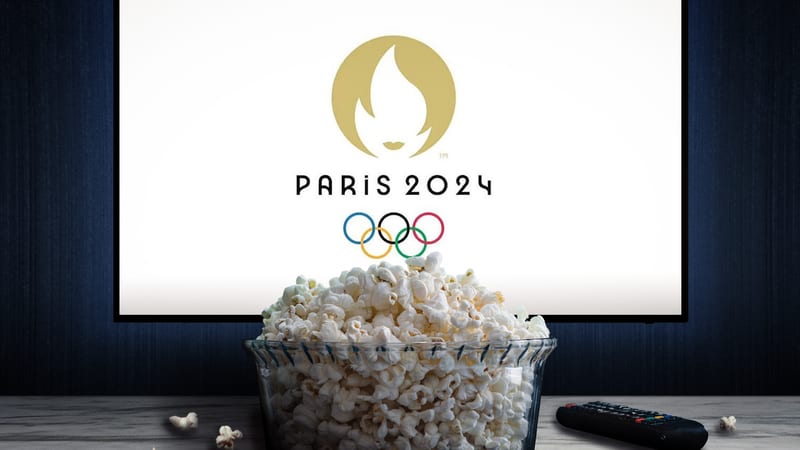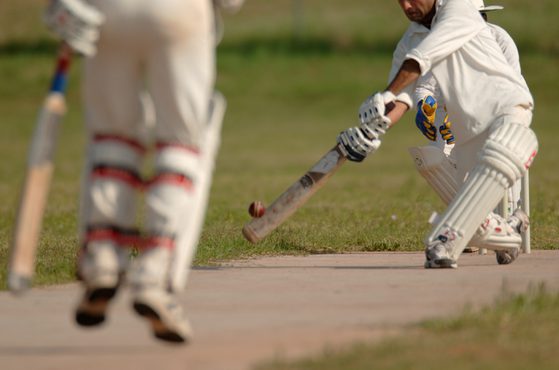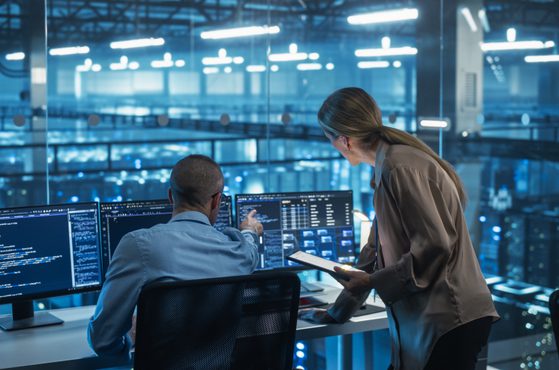The use of AI and technology in sporting events is ever-growing — and the Paris 2024 summer Olympic Games were no exception.
The International Olympic Committee (IOC) — as well as individual Olympic associations, athletes, coaches and broadcasters — all relied on the use of integrated AI technology both in the lead up to and during the Games to support training, refereeing and broadcasting.
Here, Morgan Lewis and Simon Cothliff from our sports technology team explains how technology was used throughout the Games and highlights the critical legal challenges and regulatory concerns that any organisation must consider ahead of implementing new sports technologies.
Athlete performance and training
In preparation for the games, AI was used to enhance athlete performance and training, notably through Intel's 3D athlete/3DAT tracking technology. This system analyses biomechanical data by monitoring 21 points on an athlete's body, providing coaches with detailed insights into the athlete’s physical movements. AI can assist in optimising training schedules and nutrition, as well as overall athletic performance.
Additionally, AI is being used to identify potential talent, as seen in an IOC pilot program in Senegal, which analysed young athletes' abilities through basic drills. This was also available for spectators to try during the Games. However, the use of the technology for talent identification has raised concerns about fairness and transparency, as well as the implications of AI-driven decision-making in sports training.
Refereeing and real-time data
Though AI’s application in refereeing is still evolving, computer vision systems — coupled with machine learning algorithms — have assisted human judges in sports that require precise measurements or subjective scoring.
For example, outgoing IOC President Thomas Bach explained that in the diving events, “the AI model can show the rotations, speeds, angles, everything that is really crucial for a judge. AI splits the dive in sequences and analyses it in less than a tenth of a second, and can be shared with fans in real time, so they better understand where someone gained and lost points.”
‘Wearable’ AI was used during the games too, especially in combat sports such as taekwondo where strikes landing on the sensors can generate data that’s collected, analysed and fed back in real-time to update the broadcasted live scoring.
Enhancing the viewer experience
Technologies like Intel’s Geti platform are designed to deliver personalised content to viewers, including customised highlights and detailed performance metrics. This builds on past innovations, such as the virtual world-record line introduced during the Sydney 2000 Games.
According to the Head of the Olympic Broadcast Services, Yiannis Exarchos, the Games aimed to unlock the power of AI to deliver faster, more relevant and insightful data to viewers. For example, intelligent stroboscopic analysis has been used across diving, athletics and artistic gymnastics to enable viewers to better understand the movements and biomechanics of the athletes. In artistic disciplines, OMEGA (the official timekeeper of the Games) used AI to generate enhanced data graphics, providing a new set of data on each athlete’s performance while in the air.
Further AI-based motion tracking technology was used to help commentators and viewers keep track of athletes’ positions during the canoe sprint, marathon, race walks, cycling, marathon swimming, rowing, sailing and triathlon.
Legal challenges and regulatory concerns
The integration of AI technologies into the Games marks a significant intersection of technology and sports. However, the use of AI in athlete performance, refereeing and viewer engagement requires careful legal and regulatory consideration.
Stakeholders must address the potential legal implications to ensure that AI is used in a manner consistent with fairness, transparency and respect for the rights of participants, broadcasters and viewers.
Some of the most critical regulatory concerns include:
Ownership rights
- AI generated data — the use of AI to generate detailed performance metrics, personalised content and other outputs during the Games raises questions around the ownership of data and content generated by technology.
- Data and intellectual property — as highlighted by the examples above, AI products often require feeding with existing data and intellectual property (IP) to be effective. As this is often owned by parties other than the owner of the AI product, using such data or IP without a licence could result in a legal claim. Seeking the requisite rights is essential.
Data protection
- Collection and using personal data — AI technologies such as 3DAT involve the collection and analysis of athletes' biometric data. The handling of such sensitive data raises concerns under various data protection laws such as the General Data Protection Regulation (GDPR) and the Data Protection Act 2018. Issues may arise regarding the lawful basis on which such personal may data be used, as well as its retention and security.
Fairness, discrimination and ethics
- Fairness in talent identification and training — AI-driven talent identification and training programs may inadvertently introduce biases, particularly if underlying data or algorithms used to train the AI reflect historical or systemic biases. This could result in unfair advantages or discrimination against certain athletes (perhaps those from underrepresented groups), leading to challenges under anti-discrimination laws.
- Transparency in AI refereeing — the use of AI for refereeing and decision-making during competitions must be transparent to ensure fairness. Athletes and teams may challenge the legitimacy of AI-assisted decisions if they believe that the technology is flawed or biased, potentially leading to disputes and appeals under various sports resolution frameworks.
Liability
- AI-driven decisions — if AI products make errors in refereeing or the presentation of real-time data, determining who is liable for those mistakes (whether it's the technology providers, IOC or other stakeholders) could become a contentious issue. Furthermore, if such real-time data is licensed and used in secondary markets (such as the betting/gaming sector) there could be challenges in determining who’s responsible if losses are incurred due to the provision of inaccurate data.
- Product liability for AI products — companies that develop and deploy AI may face product liability claims if their systems or products fail to perform as expected, causing harm to athletes, referees or other parties.
Regulatory compliance
- Adherence to existing regulations — the introduction of AI in sports (particularly in areas such as refereeing and training) may require updates to existing regulations and rules. Regulatory bodies will need to ensure that AI technologies are used in ways that are consistent with the principles of fair play and sporting integrity.
- International coordination — given the global nature of the Olympics, the deployment of AI technologies must comply with the legal and regulatory requirements of multiple jurisdictions. This could involve navigating differing standards for data protection, AI ethics and sports governance.
Contractual issues
- Agreements with AI providers — parties responsible for the integration and use of AI at the Games should have carefully drafted and entered into contracts (or varied existing contracts) to account for the potential issues identified above.
Lessons for the future
All use of technology in sport introduces various legal challenges that require careful consideration and proactive management to safeguard the rights and interests of all parties involved.
As the use of technology and AI in sporting events grows, national governing bodies will likely introduce stricter rules around the use of the technology to ensure fairness, integrity and inclusivity while maximising the experience for both participants and fans alike.
Talk to us
Recognised both nationally and internationally as one of the largest and most experienced multidisciplinary legal teams in the sports industry, our sports team works side-by-side with elite sports clubs, national governing bodies, international federations and large sports intermediaries, as well as major sports tech businesses.
Our sports technology experts understand the challenges and opportunities that sport faces and assist leaders in setting priorities for digital transformation — and delivering them. Amid so much uncertainty around the use and application of technology in sport, we provide you with the legal peace of mind to support bold initiatives and lasting change.
Talk to us by completing our contact form below.




